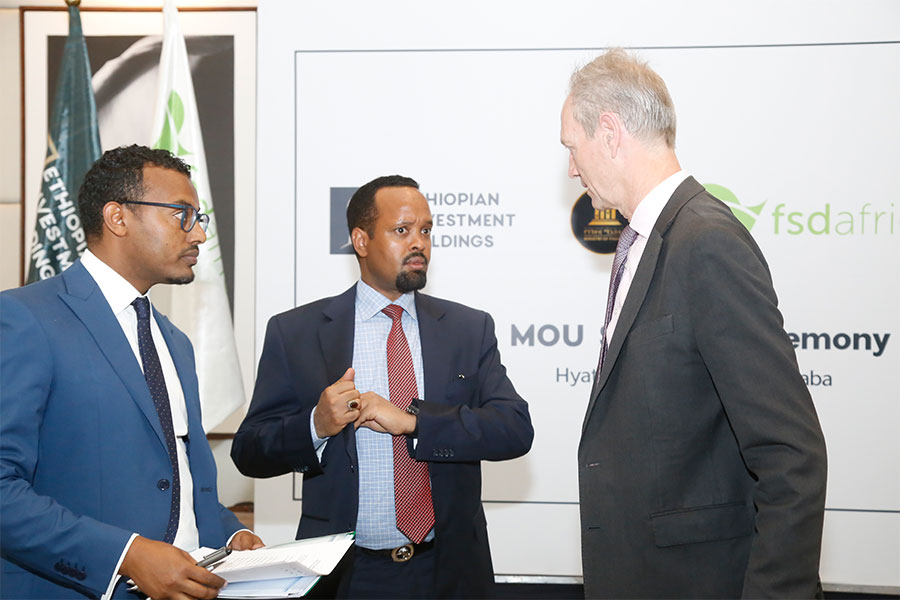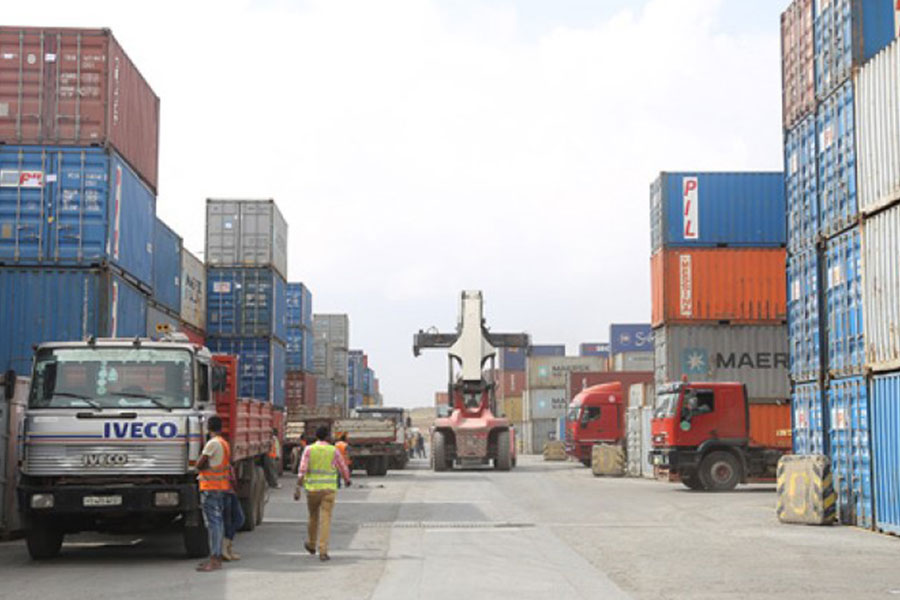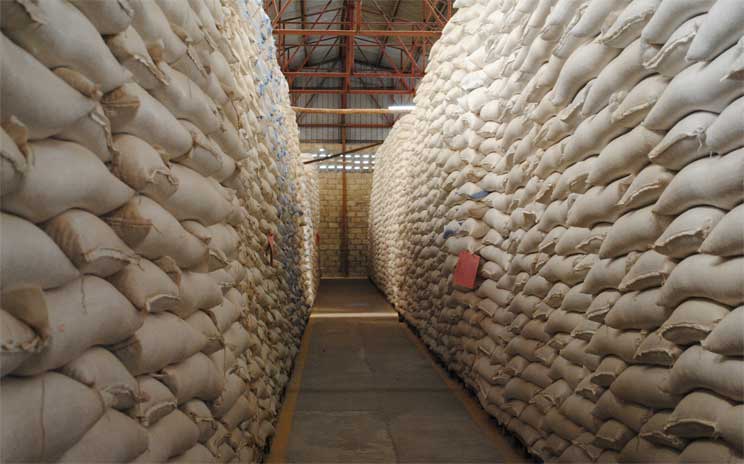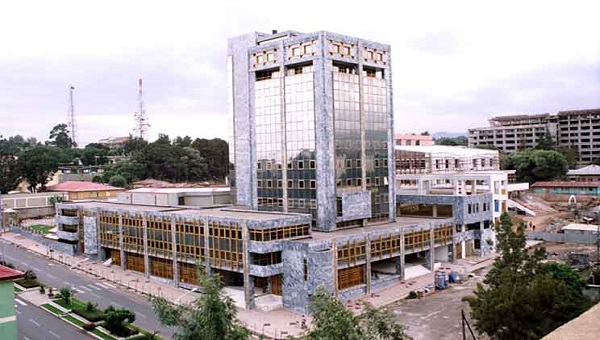
Fortune News | May 21,2022
Nov 30 , 2019
By TEMESGEN MULUGETA ( FORTUNE STAFF WRITER )
Two international companies gave the lowest offer of a combined 24.5 million dollars to supply 80,000tn of wheat for the fourth phase of the Productive Safety Net Programme.
Hakan Agro DMCC and Promising International offered the lower prices for the wheat that will be stored in Dire Dawa, Adama and Kombolcha. The winner is expected to be announced in two weeks time.
The companies bid to supply wheat in the programme in three lots classified according to where they will be stored before being disbursed into the market. While 30,000tn of grain will be stored in Kombolcha, 24,000tn and 26,000tn will be stored in Dire Dawa and Adama, respectively.
The tender was opened on November 26, 2019, by the Public Procurement & Property Disposal Services, on behalf of the Ministry of Agriculture. While nine companies showed interest in supplying the wheat, only three, including Gemcorp Commodities Trading, submitted their financial offers.
Promising, established in 2007 and actively working in Ethiopia, Dubai, Ukraine, Syria, Egypt and Tunisia, gave the lowest offer of 312.25 dollars and 297.25 dollars for a tonne of wheat to be stored in Adama and Dire Dawa, respectively.
For wheat to be stored in Kombolcha, Hakan, a United Arab Emirates (UAE) firm that specializes in supply chain management, made the lowest offer of 307.30 dollars for a tonne of the grain.
The winner is expected to be announced in the middle of this month, while the wheat is expected to arrive after 45 days from the opening of the letter of credit.
The procurement of the wheat is financed by the World Bank under its Productive Safety Net Programme, which is designed to elevate chronic food insecurity facing rural areas. The programme, which reaches over eight million people across the country, was started in 2005 in Ethiopia.
The government also procures millions of tonnes of wheat every year to stabilise the market. In the last fiscal year, the government procured 1.7 million tonnes of wheat from four international companies on behalf of the Ethiopian Business Corporation, the Ministry of Agriculture and the National Disaster Risk Management Commission. It cost the nation 11.1 billion Br.
This is despite Ethiopia producing 4.5 million tonnes of wheat in the previous fiscal year, while the nation’s annual consumption of the grain amounted to 6.3 million tonnes last year. Of this, 30pc to 35pc of the demand is covered through imports.
An expert in the sector believes that lack of proper policy on agriculture is the main challenge.
“Poor irrigation and farming systems dependent on rain cycles are factors that contribute to lesser production,” said Messay Mulugeta (PhD), a food security and poverty reduction expert and an associate professor at Addis Abeba University’s College of Development Studies.
Messay adds that the nation should not continue to import wheat but instead develop a policy that reconsiders the socioeconomic and environmental factors at play.
PUBLISHED ON
Nov 30,2019 [ VOL
20 , NO
1022]

Fortune News | May 21,2022

Fortune News | May 07,2022

Viewpoints | Jun 11,2022

Fortune News | Sep 21,2019

Fortune News | Jan 11,2020

Fortune News | Jul 13,2019

Fortune News | Aug 14,2021

Viewpoints | Mar 13,2021

Fortune News | Jan 18,2020

Agenda | Dec 24,2022

Dec 22 , 2024 . By TIZITA SHEWAFERAW
Charged with transforming colossal state-owned enterprises into modern and competitiv...

Aug 18 , 2024 . By AKSAH ITALO
Although predictable Yonas Zerihun's job in the ride-hailing service is not immune to...

Jul 28 , 2024 . By TIZITA SHEWAFERAW
Unhabitual, perhaps too many, Samuel Gebreyohannes, 38, used to occasionally enjoy a couple of beers at breakfast. However, he recently swit...

Jul 13 , 2024 . By AKSAH ITALO
Investors who rely on tractors, trucks, and field vehicles for commuting, transporting commodities, and f...

Jun 28 , 2025
Meseret Damtie, the assertive auditor general, has never been shy about naming names...

Jun 21 , 2025
A well-worn adage says, “Budget is not destiny, but it is direction.” Examining t...

Jun 14 , 2025
Yet again, the Horn of Africa is bracing for trouble. A region already frayed by wars...

Jun 7 , 2025
Few promises shine brighter in Addis Abeba than the pledge of a roof for every family...